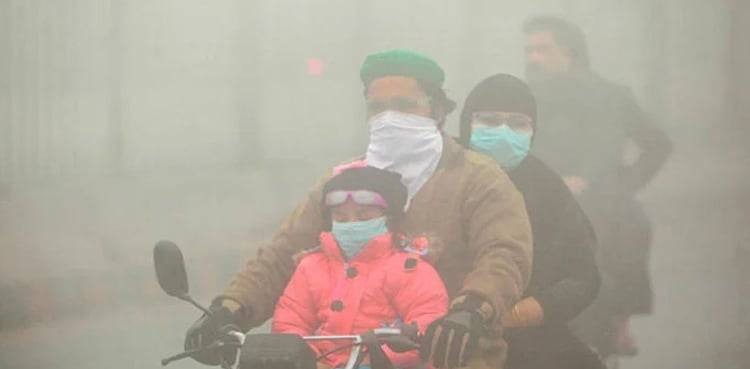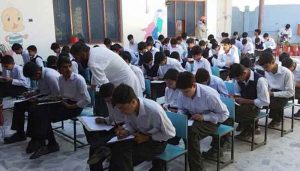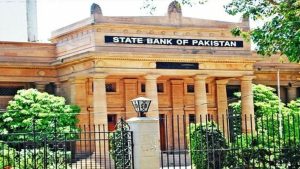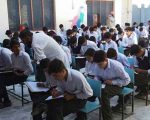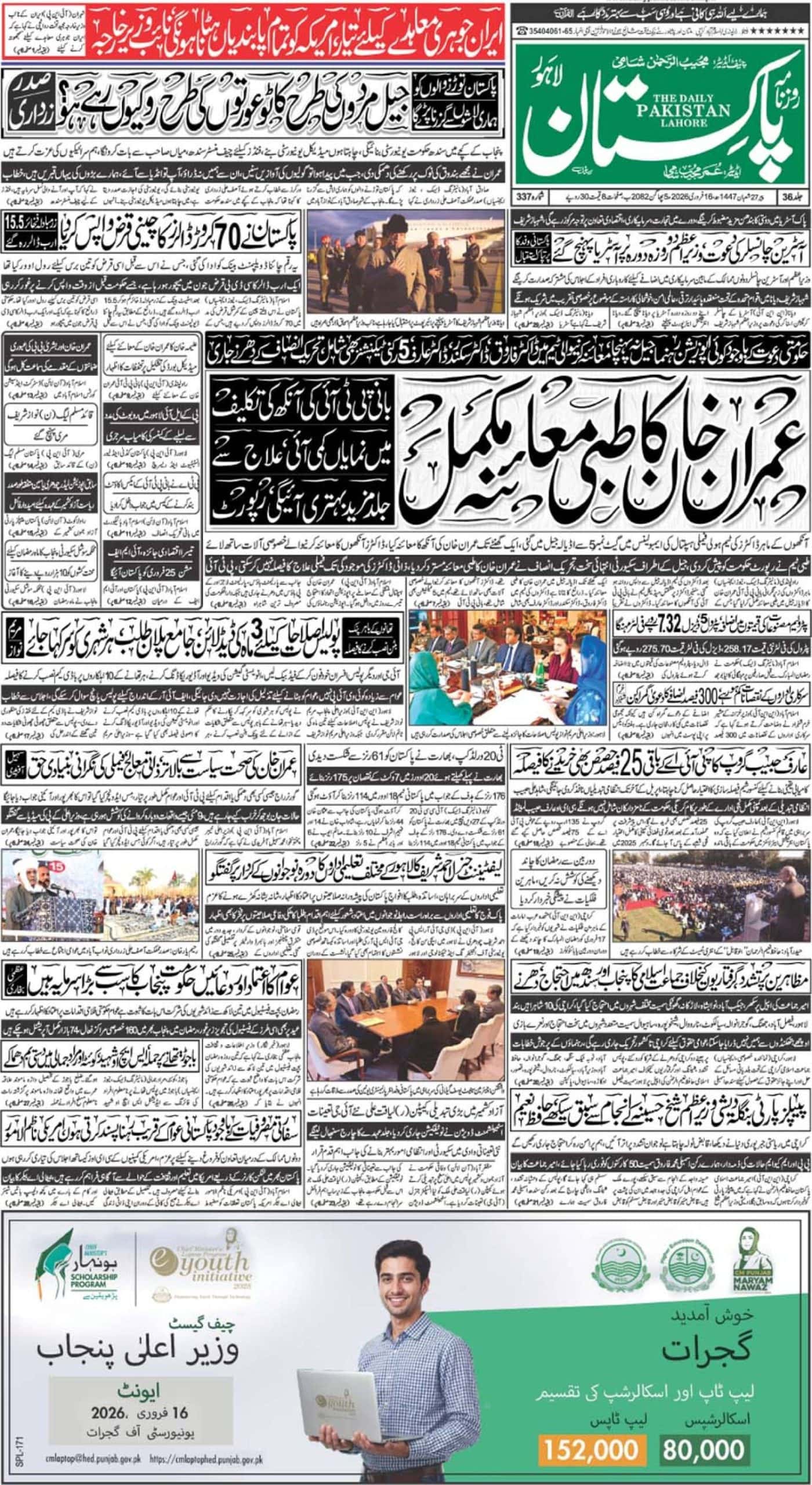LAHORE – Lahore has once again emerged as the world’s most polluted city, surpassing even New Delhi in air quality rankings, according to the latest data from the global air quality monitoring agency IQAir.
The alarming figures highlight a significant environmental crisis in the city, with smog reaching hazardous levels that pose severe risks to public health.
At approximately 9:30 am today, Lahore’s air quality index (AQI) reached a staggering 312, making it the worst city globally for air pollution.
New Delhi followed with an AQI of 206, while Kolkata ranked third with 174. Karachi, the largest city in Pakistan, ranked fourth with an AQI of 173.
Notably, Lahore’s smog levels were even more concerning in certain areas, with the average smog rate in the city hitting 362, and the AQI in the vicinity of Allama Iqbal Town reaching a dangerous 589.
In the broader Punjab region, the situation was similarly dire. According to the Punjab Air Quality Index, Chak Jhumra had the worst air quality, with an AQI of 664. Other cities such as Faisalabad (579), Raiwind (470), Kasur (439), and Pattoki (362) also reported poor air quality levels, while Multan faced similar environmental challenges.
Experts in environmental health have issued strong warnings regarding the harmful effects of such high pollution levels, particularly for vulnerable populations, including children, the elderly, and individuals with respiratory conditions. Health authorities have advised residents to avoid unnecessary outdoor activities and take precautions when venturing outside.
To combat the worsening air pollution, the Punjab government has intensified efforts to tackle the smog crisis.
Senior Minister Marriyum Aurangzeb emphasized that the region’s economic activities could be severely disrupted if the smog situation worsens. She assured the public that practical measures were being taken to reduce the pollution levels, including the use of anti-smog guns and the implementation of new technologies.
Aurangzeb also announced the introduction of Punjab’s first-ever ban on plastic bags, a move aimed at reducing environmental pollution. “Without public cooperation, we cannot control air pollution,” she remarked during a speech at the Kinnaird College in Lahore.
The government has taken a number of initiatives to reduce pollution, including transitioning brick kilns to zig-zag technology to reduce emissions, establishing Smog War Rooms across Punjab, and setting up a helpline for reporting violations related to pollution. These measures aim to improve the Air Quality Index (AQI) and ensure long-term sustainability.

